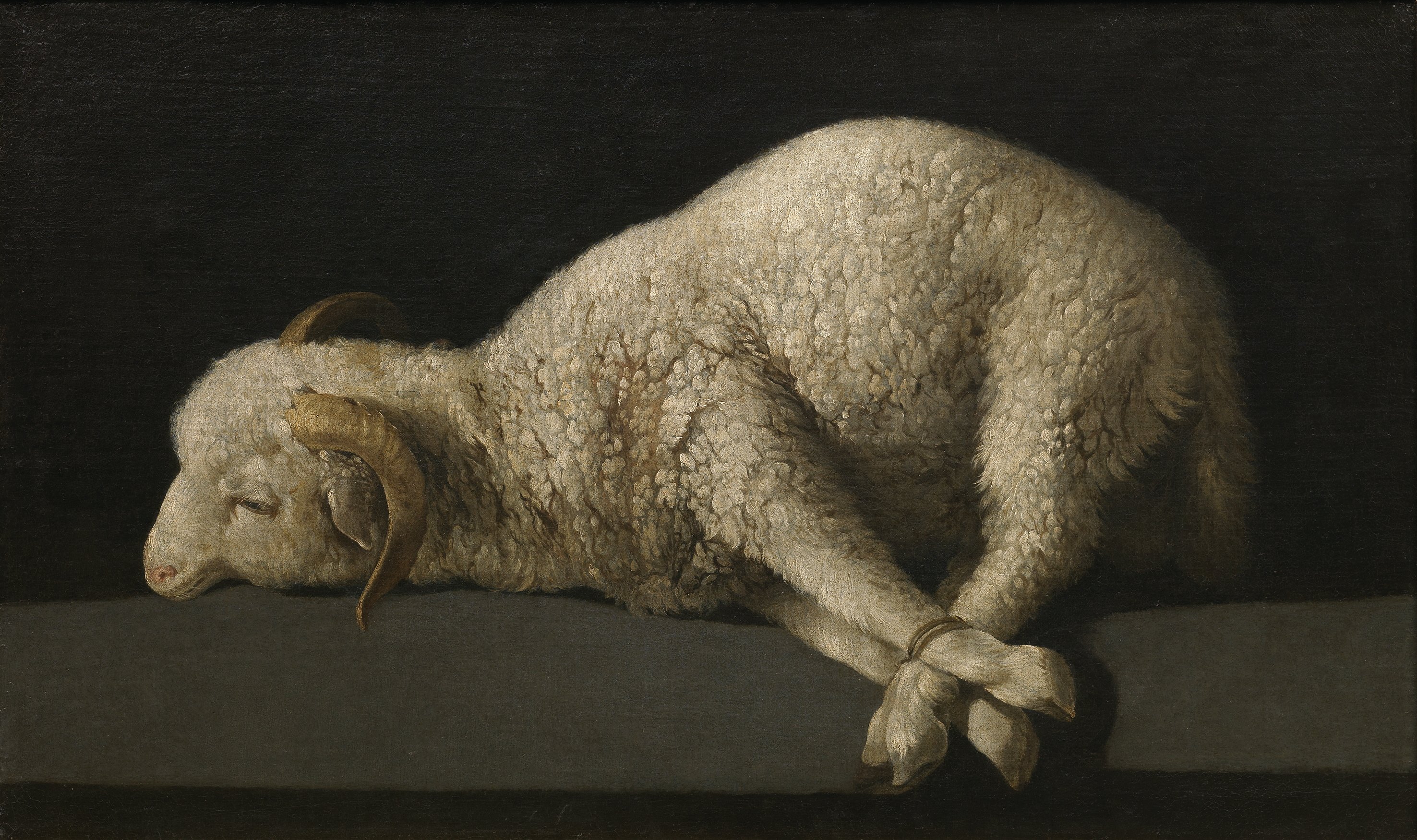
Once There Were Brook Trout
Ottessa Moshfegh, Cormac McCarthy, and the literature of optimism
A few weeks ago I read Lapvona, Ottessa Moshfegh’s fourth full-length novel and the first of hers I’ve finished. Let me get this out of the way up front: I liked it. I thought it was a good book, and I want to read Moshfegh’s other books now. It gave me the creeps and it bummed me out and I couldn’t put it down. The prose was blander than instant grits, though not nearly so mushy. It didn’t blow me away by any means; it was pretty good. I liked it.
I’m no stranger to books that bum me out but something about Lapvona took me to a genuinely dark place, one I don’t often visit. I don’t know if this is a good thing, though it’s certainly not a bad thing. My favorite writer of all time is Cormac McCarthy, a man whose books are about as warm and fuzzy as a full nest of groundbees. And, though their prose has nothing in common, it was McCarthy’s work I kept coming back to as I tried to sort through my thoughts on Lapvona.
Here’s a superlative: Lapvona is the bleakest book I’ve ever read.
“Bleak” is a word that gets thrown around a lot talking about McCarthy’s work and, while I can’t say I entirely disagree, I think it can miss the mark somewhat. But when I hear the B-word invoked for The Road, the book that won him a Pulitzer and a mega-awkward Oprah interview… well, then I get heated. The Road is a devastating, terrifying, post-apocalyptic bummer of a book. It’s also unbelievably beautiful and probably my favorite of McCarthy’s novels. But it is absolutely—categorically!—not “bleak.”
Here’s another (potentially more controversial) superlative: The Road is the most optimistic book I’ve ever read.
Hey, listen. Hey. Hear me out.
